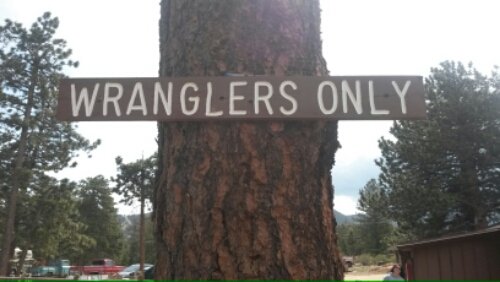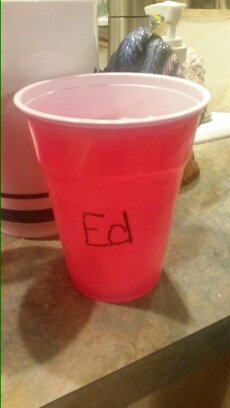What’s the most important thing you could be doing right now? It could be reading this blog (I’m skeptical of that myself). The book Essentialism (Amazon Link) is a focused book about the idea of doing just the most important thing. For now. The point is not that you can do more things, but that you can do the most important thing and, as the author Greg McKeown says, “less, but better.”
What I found the book challenged me to think about, that I’ve wrestled with for some time, is really putting some grey matter into thinking about what I really want to do with my life and then actually cutting out the things that are not that. Not to the harm of others, not to be ascetic or to be removed from the world around me, but to push forward in some way that will put a dent in history and leave behind something that is life changing for future generations. I suppose everyone searches for those sorts of things (or maybe not?), but the book has pushed me into considering the opportunities or commitments I have said no to, I have assumed as defaults, or that have me unnecessarily trapped. In short it has asked me to dig deeper into my thought life and sense of purpose.
So far I’ve basically come to the conclusion that I need to
- Work on discipline
I know it’s a short list, but the purpose of the book is to work on the most important thing. Which is singular, not plural, and is required to be the most meaningful thing you could work on. Discipline requires me to focus on less, but do better on the smaller list. So I will try to be disciplined and then we’ll see how we go from there.
About the book: I really enjoyed this book and recommend you consider getting it. There’s a lot of valuable perspective in the book and I think it will really challenge today’s modern workforce to say no more, but to get better work done. It will challenge todays relationships to be picky about their commitments so that the ones that they do have are extra rewarding. The audiobook is read by the author, and he’s quite listenable.





